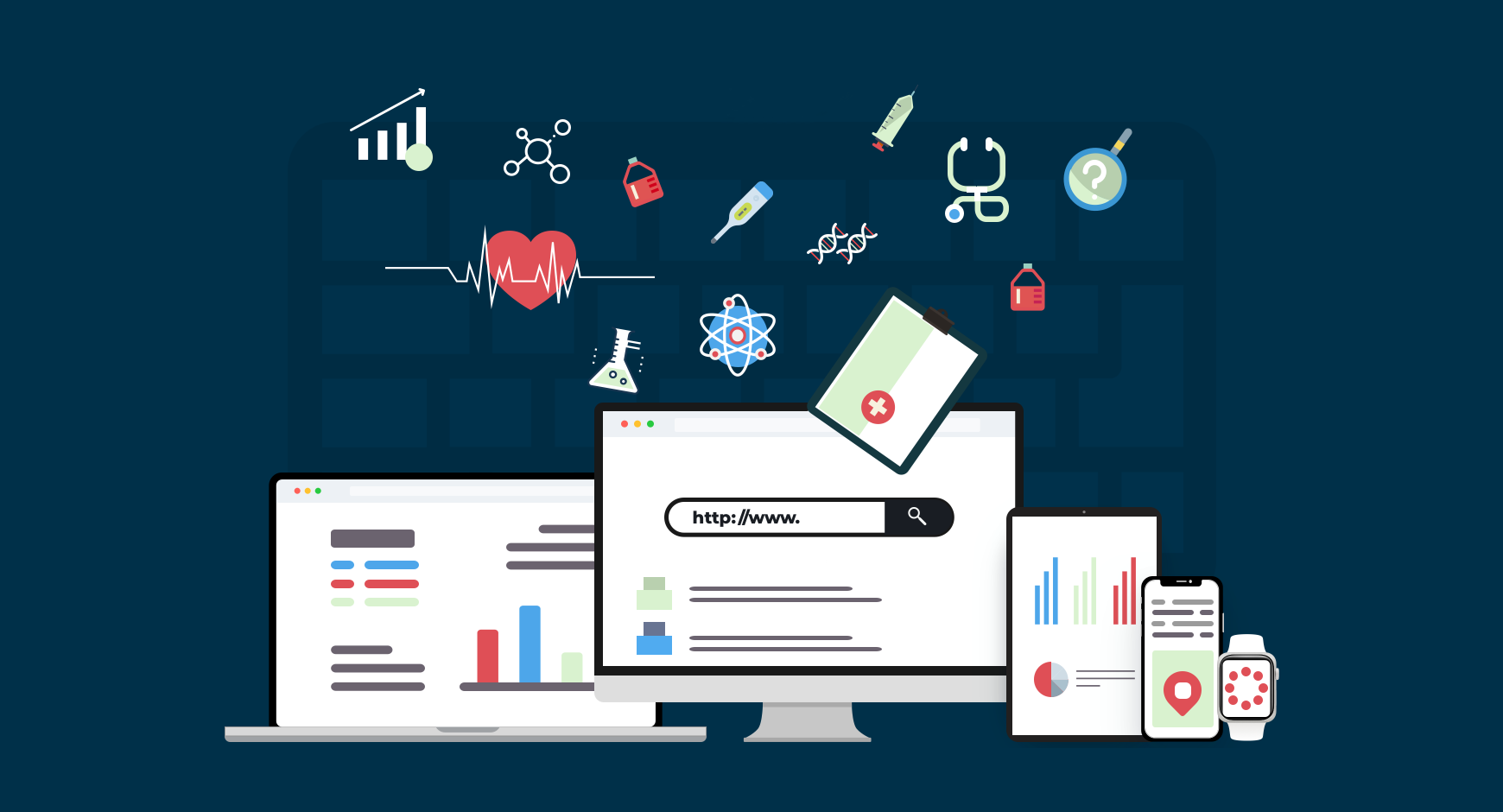
Health information has never been as accessible as it is now, thanks to the increasing prevalence of internet-connected devices. “More than 70% of American adults who are on the internet search for health information,” said Dr. Yan Zhang, an Associate Professor who studies consumer online health information-seeking behavior at the University of Texas at Austin School of Information.
In fact, searching for health information is one of the most frequent internet activities, and the information that consumers find online can significantly influence their healthcare decisions. People with chronic health conditions are even more likely to search for health information online—which makes understanding how consumers select sources, evaluate information quality, and use online health information all the more important. Yet despite the fact that most health concerns tend to last for a period of time, we know surprisingly little about how people search for health information over time.
“We are tracking how people search for health information over a period of time. The longitudinal aspect of our study is unique,” Zhang said.
“We are tracking how people search for health information over a period of time. The longitudinal aspect of our study is unique,” Zhang said.
Previous studies typically observe people searching for assigned tasks in a lab setting (usually for only one session) where every participant is given the same stimuli. Or there are query studies, which are usually done by companies reviewing aggregated data so they are not able to differentiate which individual searched a query at a specific time. Overall, the current understanding of online health information-seeking is very episodical. By contrast, Zhang and Dr. Jacek Gwizdka will study consumers’ health information needs and information search behavior as they unfold in natural settings over time. Their research project, Consumer Longitudinal Health Information Needs and Search Behavior, won a $55,314 Google Faculty Award.
“For our study, we are tracking how people search for health information over a period of time. The longitudinal aspect of our study is unique,” Zhang said. “We’ll see how an individual’s information needs changed over time, how the sources that they used changed, how the search strategies changed, what they learned over time, and how the information from online searches are influencing their health beliefs, behavior, and decision-making.” The researchers will observe participants’ online search behavior by collecting their search logs, capturing queries submitted and web pages visited, and conducting a series of semi-structured interviews.
“The logs alone don’t tell a person’s stage of health and you don’t have the contextual information, so the additional and repeated contact with the participants helps us get further insights,” Gwizdka said.
Zhang said, “A lot of query analysis is speculative of people’s intentions. We will interview people about the intentions that motivated their search and rationales for other search decisions, such as their selection of information sources and their interpretation and evaluation of the information obtained. So we’ll have a better understanding of people’s needs and their intentions when it comes to health-related queries.”
“The comprehensiveness of ground that we cover in terms of devices is also something unique about this project. A large portion of health searches are now taking place on mobile platforms, through search engines or specific health apps. Previously, and even now, most of the studies are desktop-based so we are not getting the full picture of how people are searching across different devices to achieve their health goals” Zhang added. The researchers plan to study participants’ health information search behavior across computing platforms (mobile, laptop, desktop).
By capturing the continuity of participants’ search and learning development over time and their use of different technologies to meet their health information needs, the study aims to capture a much more realistic reflection of what people actually do in their everyday life health information search to inform the design of more usable and user-friendly technologies to support consumer health information search, information management, learning, and decision-making.
